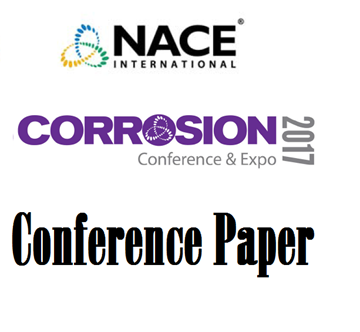Search
A Comprehensive Empirical Evaluation of Probabilistic Corrosion Growth Rate Models
Also Purchased
Estimating Corrosion Rate Risk Distributions using Machine Learning and Geospatial Analytics
Product Number:
51320-14640-SG
Publication Date:
2020
$20.00
50 mV As a Screening Criteria for Shorted Casings – Case Study
Product Number:
51323-18899-SG
Publication Date:
2023
$20.00
51317--9504-Validation of Corrosion Growth Rate Models
Product Number:
51317--9504-SG
ISBN:
9504 2017 CP
Publication Date:
2017
$20.00




